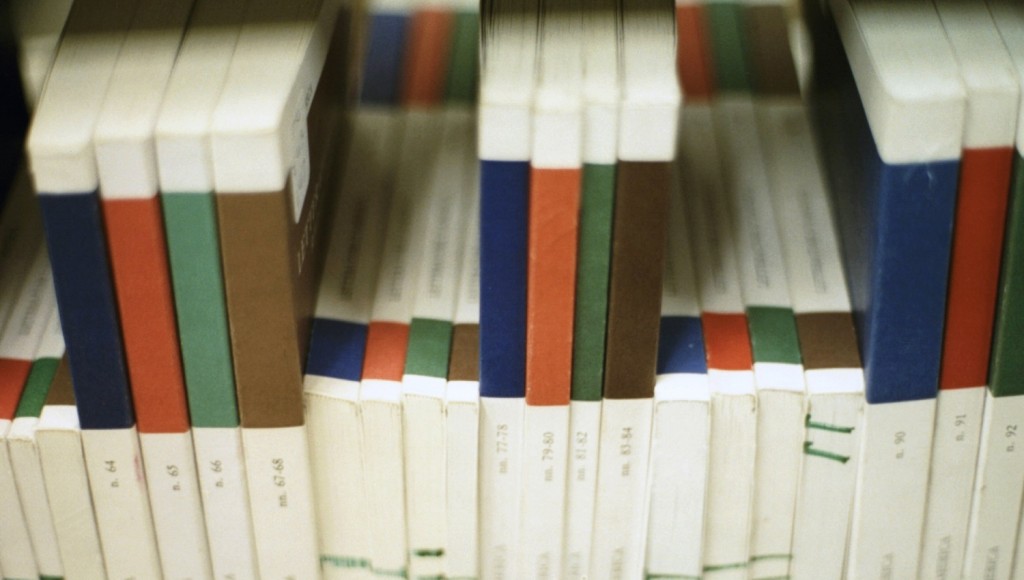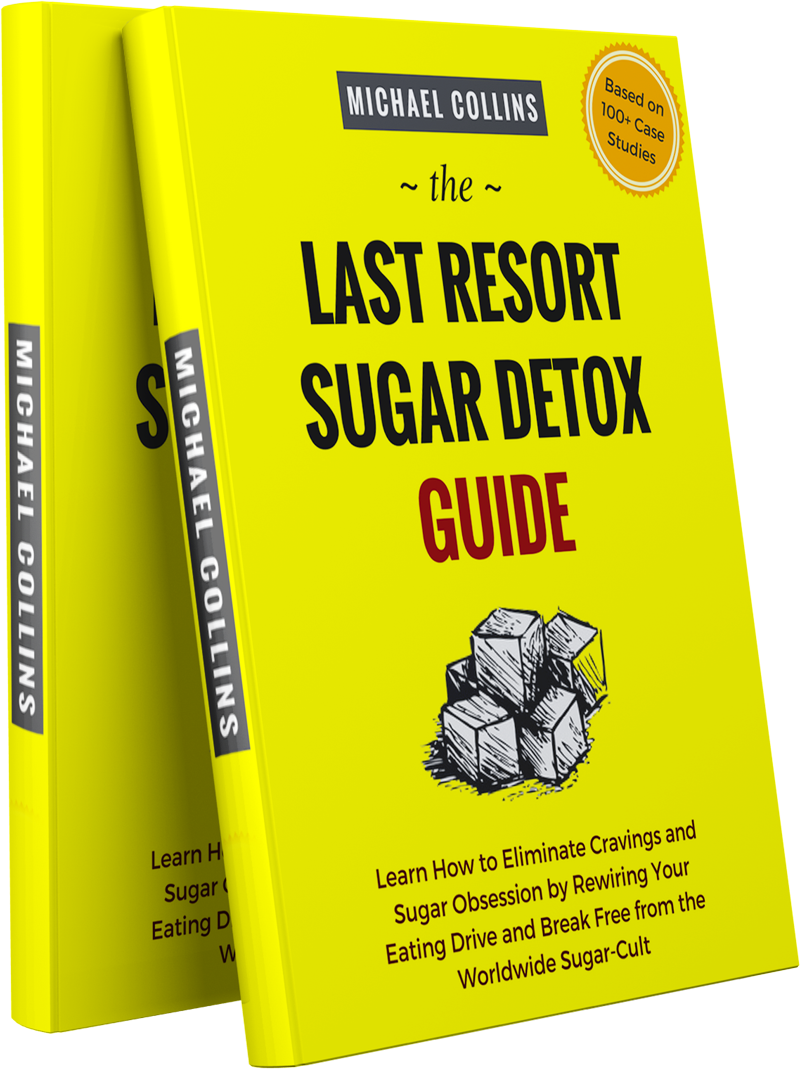There’s one thing that we all know about sugar. It’s the basis for many weight loss books, diets, and publishing empires: if we cut back on sugar, we lose weight.
The idea is pretty simple. So why, may I ask, is almost no one successful at this seemingly simple task?
I think it’s because people are afraid to admit that they have an addiction to sugar, and that they don’t know how to stop on their own.
Look at that nasty word cropping up again. “Addiction”.
From Wikipedia: Addiction is the continued use of a mood altering substance or behavior despite adverse consequences, or a neurological impairment leading to such behaviors.
So let’s think about sugar as we break down this definition.
The continued use of a mood altering substance. Some of us may doubt that sugar is really a mood altering substance, even though we use the phrases “sugar high” and “sugar rush” all the time. So let’s do a little though experiment.
Can you remember the last time you were at a five-year-old’s birthday party? You have these sweet and angelic kids, sort of shy and not sure of themselves in a crowd with new people . It’s cute, really.
Then, what happens after the cake and ice cream come out and the children have unregulated access to mountains of candy? Those same kids turn into little lunatics—screaming, running, crying, yelling and literally bouncing of the walls. If you watch carefully, you will see this phenomenon as clear as day. So what caused the change? Sugar, and it’s mood altering properties.
Over the years I’ve had the privilege of working with thousands of people who wanted to quit sugar and lose weight. To be fair, weight loss isn’t always the reason behind people’s decision to quit, but it is in about 95% of the folks I’ve dealt with.
All of the people who were and continue to be successful in their struggle use a simple tool that changed their lives and their perspectives forever.
They used a simple food journal. Yes, a food journal. They recorded what they ate for a specified period of time. But here’s the difference between the ones who succeed and the ones who fail. The people who were able to stay off sugar didn’t only record what they ate; they recorded how they FELT when they ate it. Along with every piece of food they put in their body, they recorded their emotions, both before and after.
I would like to encourage you to do the same. I’ve even created an easy, printable PDF template to get you started: you can download your food journal pages here.
If you’re honest in your journaling, you will start to see a very distinct pattern in your feelings and in your use of sugar. My successful clients always start to find things like:
“Felt down and anxious before three slices of cake, but after and during—just for a few minutes—I felt right with the world. Then I crashed again and it was even worse.”
“Ate 8oz broiled salmon and 8oz broccoli, felt the same before and after.”
“I can’t believe I ate a one pound bag of M&M’s, but the stress of work melted away.”
“The cravings for chocolate don’t seem to hit me on the weekends.”
And so on and so forth.
This is simple system, requiring just a 99¢ notebook, but it has changed many lives for the better. Again, I would like to encourage you to start a food journal today. There is no need to change your eating patterns just yet; simply record your food intake honestly.
Remember to record not just your food, but also your feelings. How did you feel before? What did your mind tell you about what you were eating and why you were eating it? And how did you feel after?
Do that for one month and review it. I think you will find that, without a shadow of a doubt, sugar is a drug and that you may be addicted. You might find that you use it to manage your emotions, if only for a few brief moments.
This task requires very serious self-honesty and introspection. The people that succeed, stay close to sugar free, and reach their goal weight are rigorously honest in this process of uncovering their feelings around the use of this drug. Remember, there is no need to change your eating patterns just yet. We have to change the way that we think about sugar, and the change in diet will just happen—almost like magic. So get started today. Just download your food journal pages here.



